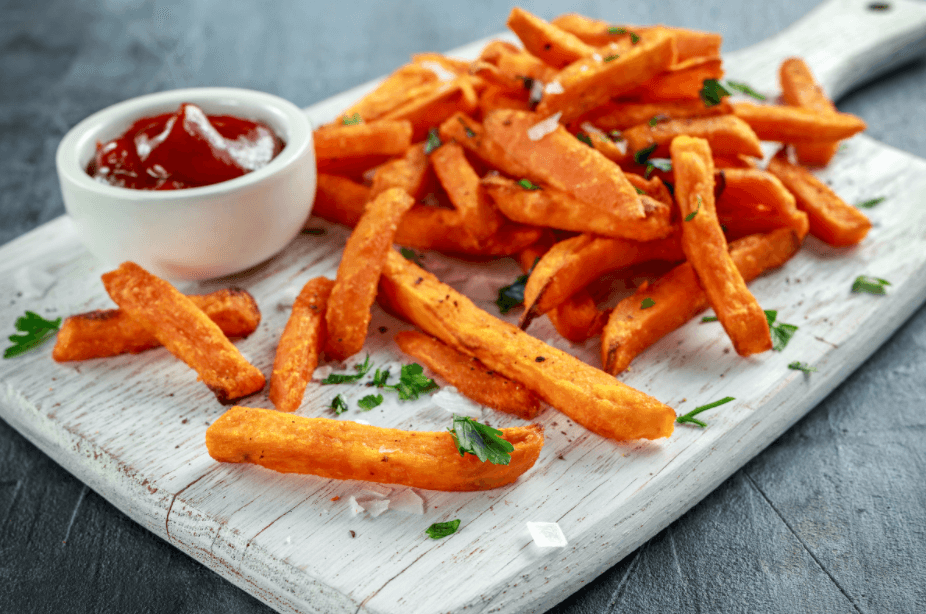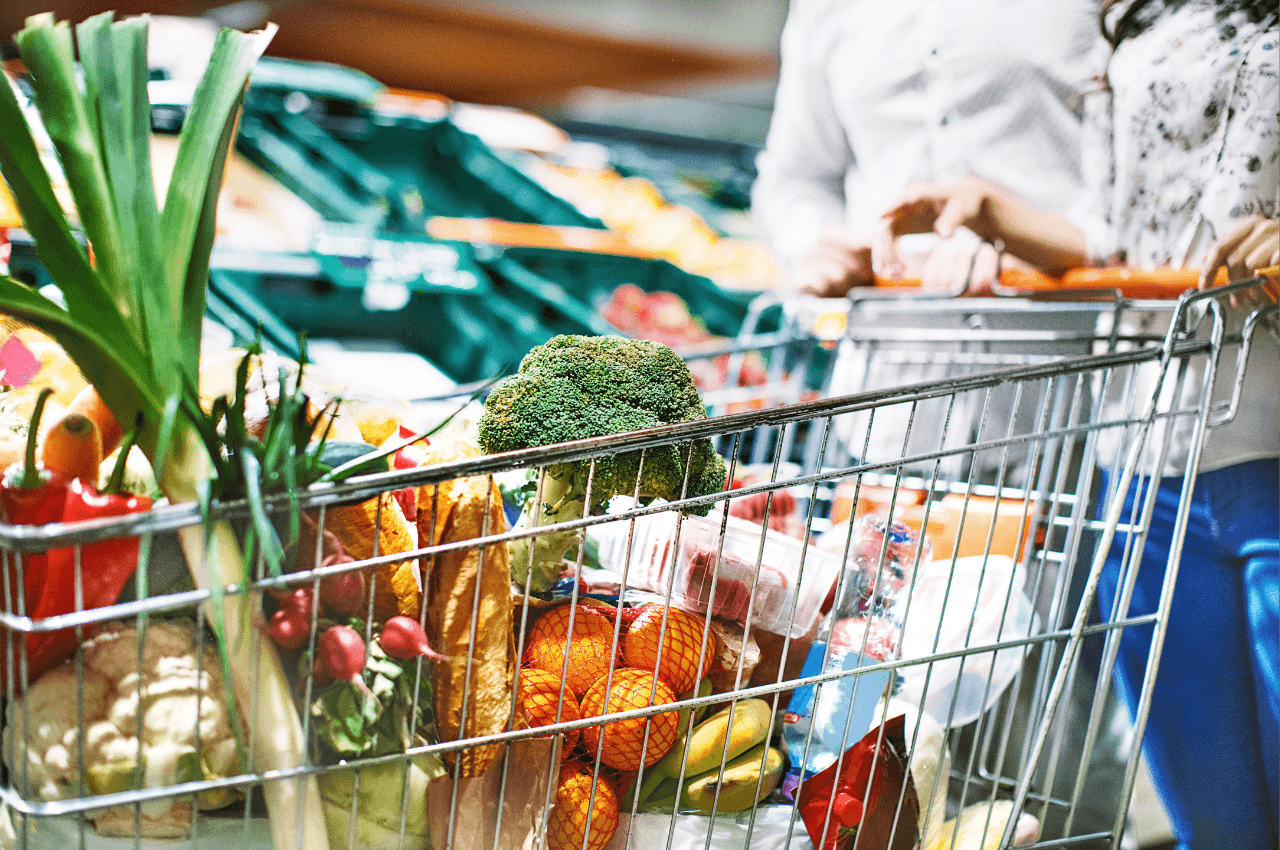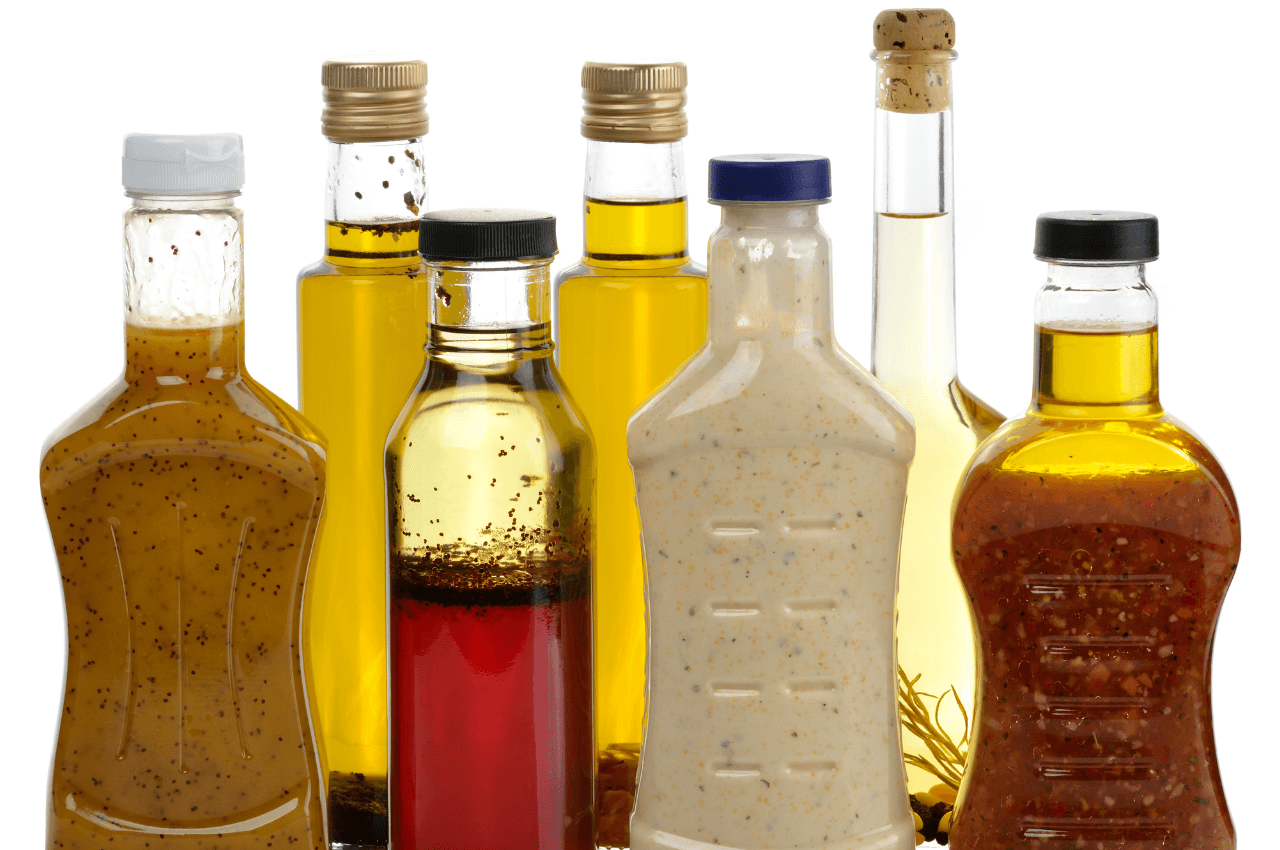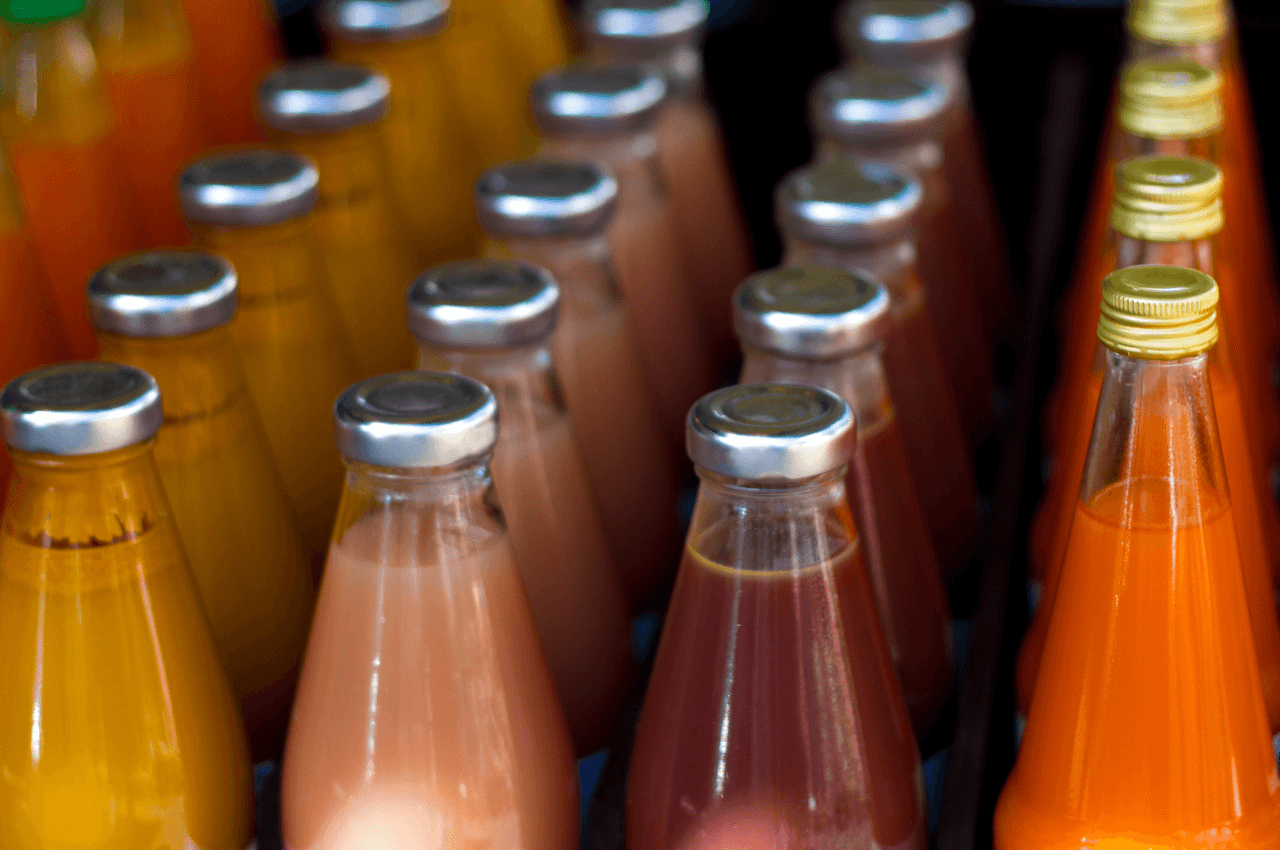Meeting Your Nutritional Needs As A Vegan
•Nutrition

Share
Meeting your nutritional needs as a vegan requires some planning and attention to detail. While a vegan diet can be beneficial for your health, with plant-based foods that provide essential vitamins, minerals and other nutrients, you need to work a little harder to ensure you’re meeting the proper nutrients for overall health.
The typical nutrients of concerns of a vegan diet include protein, vitamin B12, vitamin D, iron, Omega-3 fatty acids and calcium, so let us tell you how to get them without straying from your plant-based diet!
Protein
Protein is often a concern for vegans, but it’s entirely possible to get an adequate intake from plant-based sources!
Some great vegan sources of protein include:
Beans & lentils
Tofu
Tempeh
Edamame
Nuts & seeds
Brown Rice
Quinoa
Including a variety of these foods into your diet ensures you’re getting all the essential amino acids your body needs to function properly.
Vitamin B12
Vitamin B12 is primarily found in animal products, so you’ll need to rely on fortified foods.
Aim to include the following foods into your diet:
Fortified cereals
Fortified plant-based milks
Mushrooms
Tofu
Nutritional yeast
Vitamin D
Vitamin D is essential for bone health and overall immune function. While sunlight is the primary source, it can be challenging to get enough sun! It’s also not healthy to expose yourself to the sun for too long, so your best bet to get your daily dose is through fortified foods.
Aim to include the following into your diet:
Fortified cereals
Fortified plant-based milks
Fortified juices
Mushrooms
Iron
Iron deficiencies are common among women, even those who eat meat! Iron is especially important for women, so it’s vital you get your dose. While iron found in plant foods is not as easily absorbed as iron found in animal products. You can enhance iron absorption by consuming more vitamin C-rich foods alongside iron-rich foods.
Good plant-based sources of iron:
Spinach
Lentils
Fortified cereals
Tofu
Pumpkin seeds
Good plant-based sources of vitamin C:
Kale
Broccoli
Papaya
Strawberries
Oranges
Omega-3 Fatty Acids
Omega-3 fatty acids are crucial for heart and brain health. Fatty fish is one of the most common sources, but there are plenty of plant-based options!
Incorporate some of these into your diet:
Flaxseeds
Chia seeds
Walnuts
Hemp seeds
Seaweed
Calcium
Calcium is essential for maintaining strong bones and teeth, and while dairy products are a common and rich source, you can find plenty of calcium-rich plant-based sources.
Try to incorporate some of these foods into your diet:
Fortified plant milks
Calcium-set tofu
Kale
Bok Choy
Sweet Potatoes
Chia Seeds
Almonds
As you can see, a lot of these foods overlap! So, it’s not all that difficult to reach your nutritional needs on a plant-based diet. If you don’t include enough of these nutrient-dense foods into your diet, be sure to take a supplement.
Have a look at our blog on warning signs you’re lacking in nutrients for a better understanding of what to look out for.




